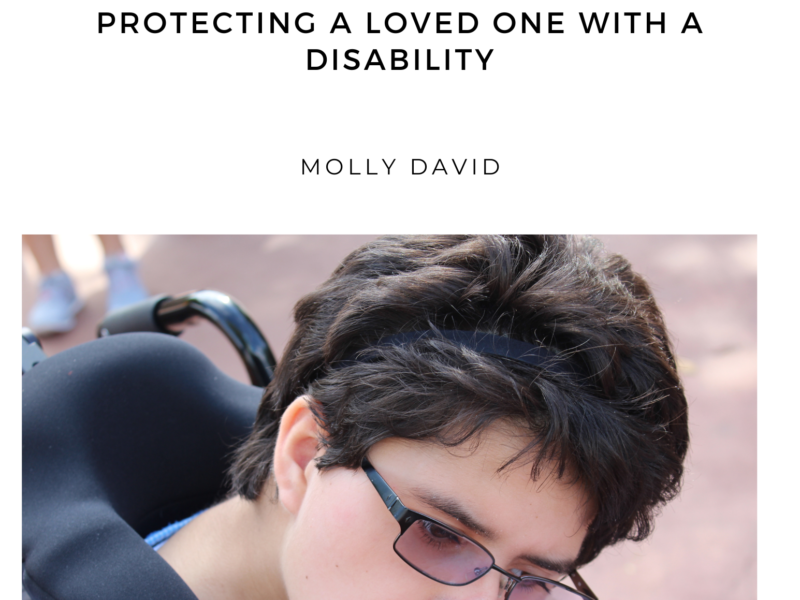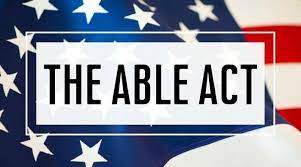The mission of SSI is to provide monthly payments to people with disabilities and older adults who have little or no income or resources. The rules about assets and income for SSA can be very confusing. SSA has been working to make applying for and keeping SSI benefits easier for individuals. The new SSA Rent Subsidy Rule is a major step in helping people with SSI keep their full benefits. There are too many acronyms
Category: Financial Planning

(originally published February 2024) Many parents ask about the work rules for someone receiving SSI. They are complicated. A key determinate in qualifying for and keeping SSI benefits is whether someone reaches the threshold of Substantial Gainful Activity (SGA). Essentially, this is a way for SSI to know how much a person could earn even if they are disabled. So, someone could qualify for SSI due to a disability but not receive SSI because they

(originally published March 2024) I am often asked about Social Security Disability Insurance (SSDI) when I present on Supplemental Security Income (SSI). Most families I speak to will deal with SSI first, so I don’t discuss SSDI other than to tell them it exists. Lately, I have been receiving more questions from parents about SSDI qualification for their adult disabled child when they retire. The Social Security Administration (SSA) can be very complicated and confusing.

If your adult child is getting ready to apply for SSI, they may need a representative payee. A representative payee is a person who manages SSI payments on behalf of a beneficiary. This means they can receive cash benefits and have the authority to use the money on the beneficiary’s behalf. Unless SSA has specifically permitted it or you are a legal guardian appointed by the court, you may not collect a fee for services

Purchase “Planning for the Future: Protecting a Loved One with a Disability” on Amazon.

And how the government could make it easier There are many barriers for people with a disability and they are not all physical. There is an economic cost to having a disability that needs to be recognized. We expect that individuals with a disability will have higher healthcare costs and needs, but we overlook all the “extra” costs. These costs often force people living with a disability to choose between their independence and their government

The importance of financial planning. If you or a loved one have a disability, then you know protecting assets and planning for financial stability is important. I have written about Special Needs Trusts and their advantages for saving. Another way to save is to open an ABLE account. ABLE accounts have been in the news recently because Congress just passed a bill to raise the age for qualifying from 26 to 46, though it won’t
Supplemental Security Income (SSI) is a federal program that provides income to people 65 and older, blind, disabled, or who have little or no income. If you are an adult with disabilities or have a child with disabilities who will turn 18 soon, understanding how to make sure they qualify for SSI is important. In most states, once you qualify for SSI, you also qualify for Medicaid. They can use Medicaid as a supplement to
And why you may not need to. Nobody wants to think about estate planning. It’s depressing and complicated. Most families have enough stress worrying about their child’s health, education, and childcare issues that they don’t even consider estate planning. In April 2022, CNBC reported that only 33% of Americans have an established plan for their estate. So, it shouldn’t be a shock that families that have children with disabilities have not planned for their child’s
